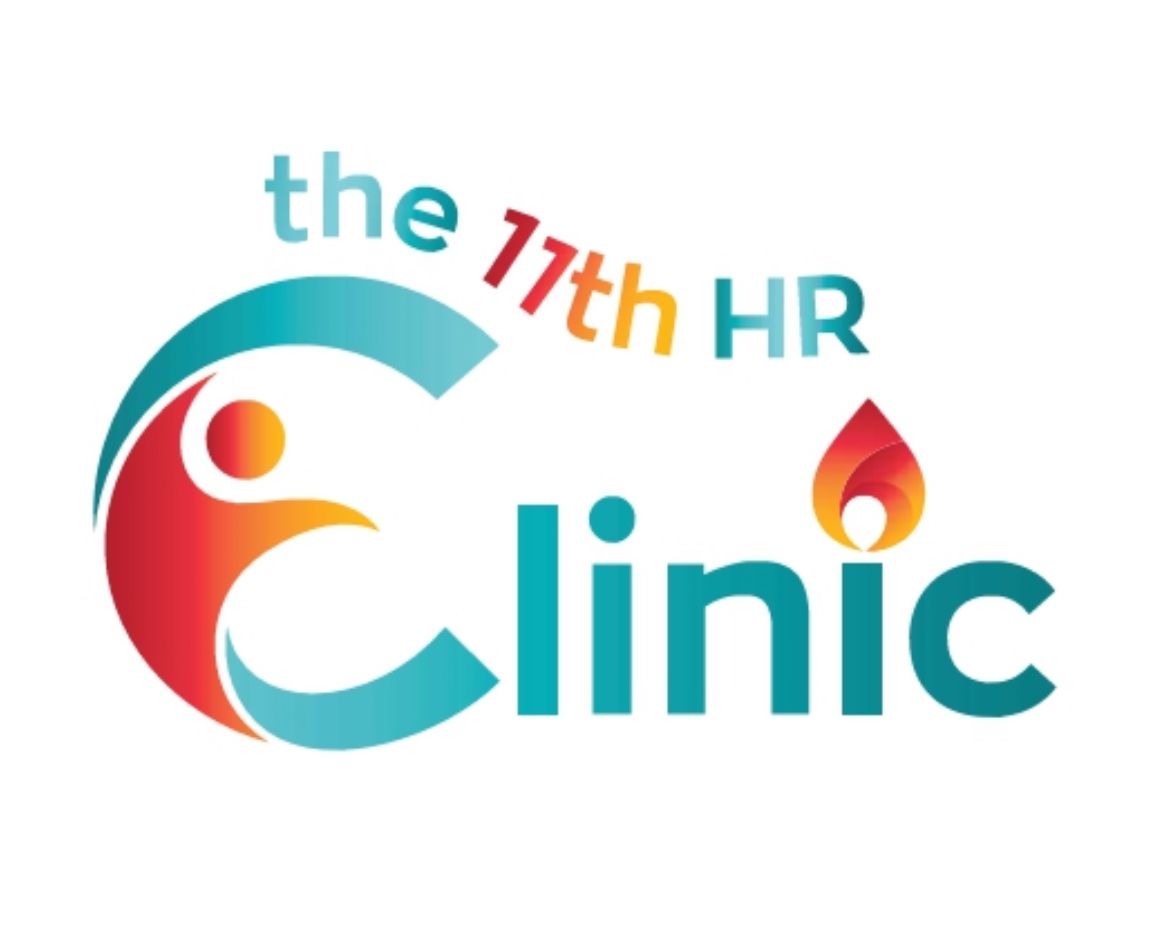Mental Health at Work
Why it matters and how we can do better
In today’s fast-paced work environments, mental health has emerged as a critical concern. Far from being a personal issue alone, mental well-being significantly influences workplace dynamics, productivity, and overall organisational health. Understanding the interplay between mental health, workplace stigma, and psychosocial hazards is essential for fostering supportive and effective work environments.
The Prevalence and Impact of Mental Health Issues in the Workplace
Mental health conditions are widespread among working populations. A systematic review by Harvey et al. (2023) highlights that mental health issues are a leading cause of disability across OECD countries. These conditions not only affect individual well-being but also have substantial economic implications, including increased absenteeism, reduced productivity, and higher turnover rates.
The Role of Workplace Stigma
Stigma surrounding mental health remains a formidable barrier in many workplaces. Employees often hesitate to disclose mental health issues due to fears of discrimination or negative career repercussions. This reluctance can lead to untreated conditions, exacerbating the problem. According to Clement et al. (2015), workplace stigma can lead to reduced hope, lower self-esteem, increased psychiatric symptoms, and difficulties in interpersonal work relationships. A systematic review by Hanisch et al. (2016) found that anti-stigma interventions in workplace settings can effectively improve mental health literacy and attitudes toward colleagues experiencing mental illness. These findings suggest that organizational commitment to reducing stigma is key to creating psychologically safe workplaces.
Psychosocial Hazards: Hidden Risks in the Work Environment
Psychosocial hazards are organizational factors that can cause psychological or physical harm. These include excessive workloads, lack of autonomy, job insecurity, and poor workplace relationships (World Health Organization [WHO], 2022). Exposure to these hazards is linked to stress, burnout, anxiety, and depression. A positive psychosocial safety climate (PSC) defined as an organisation’s shared commitment to psychological health can mitigate the negative effects of these hazards. Dollard and Bailey (2023) argue that strong PSC acts as a buffer, protecting workers from harmful stressors and enhancing resilience.
Supporting Employees with Mental Health Conditions
It’s essential to recognize that individuals with mental health conditions can and do thrive in the workplace, especially when supported appropriately. Providing flexible work arrangements, ensuring access to professional mental health support, and fostering an inclusive and open culture are all effective strategies (Modini et al., 2016). When workplaces integrate mental health considerations into their culture and policies, they don’t just support affected employees they improve outcomes for everyone through increased engagement, satisfaction, and productivity.
Taking Action: Building a Mentally Healthy Workplace
While employers have a role to play in creating mentally healthy environments, it's also important for workers to know what support is available. If you're feeling overwhelmed at work, experiencing ongoing stress or burnout, or struggling with a diagnosed mental health condition, help is available and reaching out is a sign of strength.
Final Thoughts
Mental health is not just a personal issue, it is also a workplace issue. If you're struggling with stress, burnout, anxiety, or other challenges related to your work, know that you're not alone and support is available. At the 11th Hour Clinic, our experienced psychologists understand the pressures of modern workplaces. Whether you're navigating a tough period, dealing with a mental health condition, or trying to make sense of difficult work dynamics, we're here to help. We offer confidential, evidence-based psychological support tailored to your needs. You don’t have to wait until things get worse. Taking that first step to talk to someone can make all the difference. You can make an appointment online at one of our locations or via telehealth via our bookings page or send us an online enquiry.
References
Clement, S., Schauman, O., Graham, T., Maggioni, F., Evans-Lacko, S., Bezborodovs, N., ... & Thornicroft, G. (2015). What is the impact of mental health-related stigma on help-seeking? A systematic review of quantitative and qualitative studies. Psychological Medicine, 45(1), 11–27.
https://doi.org/10.1017/S0033291714000129
Dollard, M. F., & Bailey, T. S. (2023). Psychosocial safety climate as a predictor of work conditions, psychological health and employee performance: A systematic review. BMC Psychology, 11(1), 1–15.
https://doi.org/10.1186/s40359-024-01675-z
Hanisch, S. E., Twomey, C. D., Szeto, A. C., Birner, U. W., Nowak, D., & Sabariego, C. (2016). The effectiveness of interventions targeting the stigma of mental illness at the workplace: A systematic review. BMC Psychiatry, 16, 1.
https://doi.org/10.1186/s12888-015-0706-4
Harvey, S. B., Modini, M., Joyce, S., Milligan-Saville, J. S., Tan, L., Mykletun, A., ... & Mitchell, P. B. (2023). Can work make you mentally ill? A systematic meta-review of work-related risk factors for common mental health problems. Journal of Affective Disorders, 324, 108–120.
https://doi.org/10.1016/j.jad.2023.05.021
Modini, M., Joyce, S., Mykletun, A., Christensen, H., Bryant, R. A., Mitchell, P. B., & Harvey, S. B. (2016). The mental health benefits of employment: Results of a systematic meta-review. Australasian Psychiatry, 24(4), 331–336.
https://doi.org/10.1177/1039856215618523
World Health Organization. (2022). Mental health at work: Policy brief.
https://www.who.int/news-room/fact-sheets/detail/mental-health-at-work



